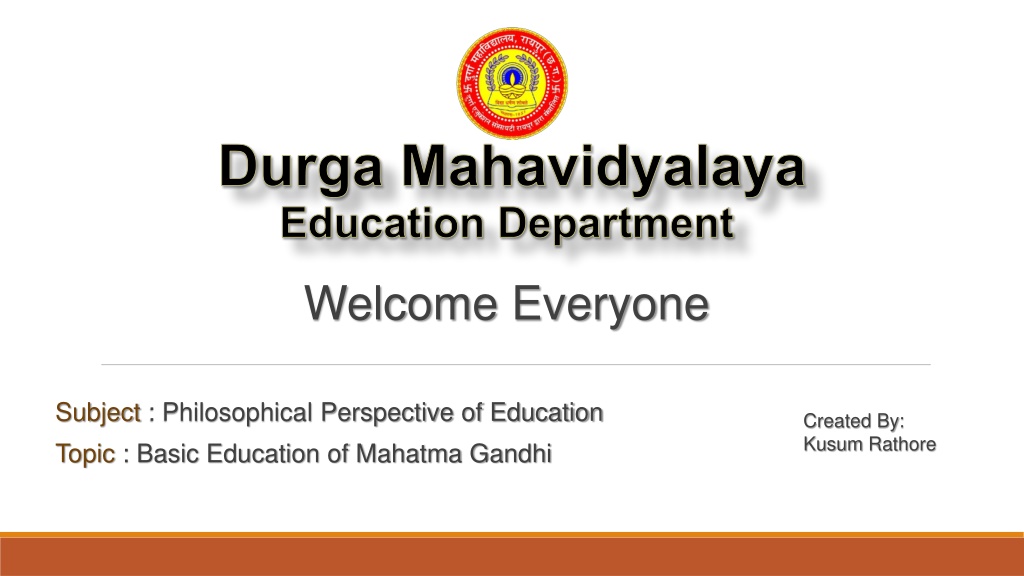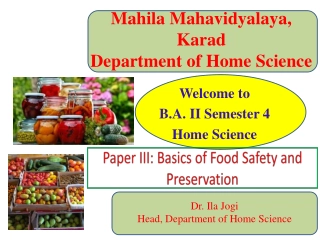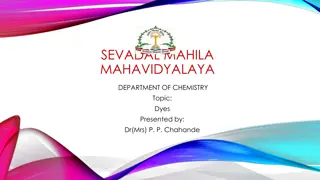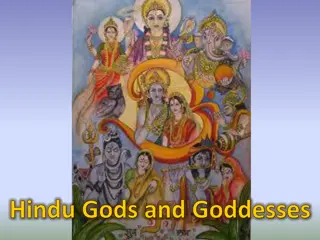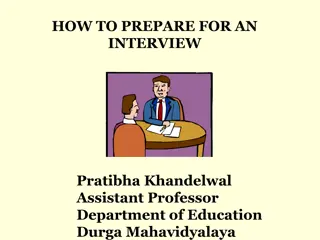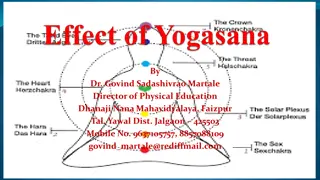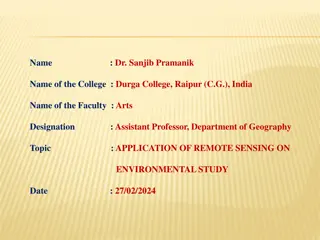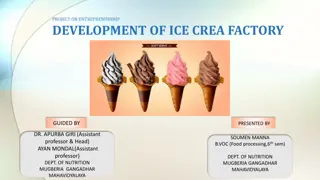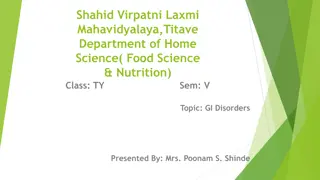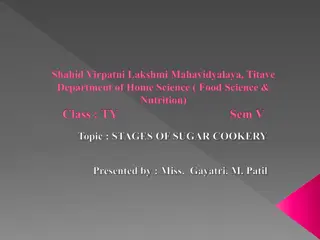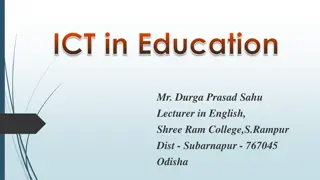Durga Mahavidyalaya
Education is viewed as the acquisition of knowledge, skills, beliefs, and moral habits. Mahatma Gandhi introduced his Basic Education concept emphasizing free and compulsory education, mother tongue instruction, craft-centered learning, moral education, and character building. The curriculum includes moral education, general science, mother tongue, basic craft, music and drawing, social studies, and practical mathematics. Teaching methods involve learning through crafts, self-experience, correlation, and using the mother tongue for instruction. Basic education aims to foster self-reliance, character development, and vocational skills in children.
Download Presentation

Please find below an Image/Link to download the presentation.
The content on the website is provided AS IS for your information and personal use only. It may not be sold, licensed, or shared on other websites without obtaining consent from the author. Download presentation by click this link. If you encounter any issues during the download, it is possible that the publisher has removed the file from their server.
E N D
Presentation Transcript
Durga Mahavidyalaya Education Department Welcome Everyone Subject : Philosophical Perspective of Education Topic : Basic Education of Mahatma Gandhi Created By: Kusum Rathore
Introduction Education is the process of acquisition of knowledge, skills, beliefs and moral habits. Mahatma Gandhi proposed his scheme of Basic Education (Nai Talim) in a well formulated approach to education in 1937 in his news paper Harijan . Gandhiji believed on action and hence his concepts of basic education can be classified as activity method or practical method. Other names of Basic Education are: - Nai Talim - Wardha Scheme - Buniyadi Siksha - Craft Based Education
Principle of Basic Education Free and compulsory education. Mother tongue as medium of instruction. Craft centred education. Importance on moral education. Emphasis on character building. Development of self reliance. Patriotism.
Curriculum of Basic Education Moral Education General Science Mother Tongue Basic Craft Music and Drawing Social Studies Practical Mathematics
Teaching Method of Basic Education Learning through Crafts. Learning by self experience. Correlation method. Mother tongue as medium of instruction. Learning by doing. Reading before writing.
Conclusion Basic education is a valuable approach to education that has the potential to make a real difference in the lives of children. It is an education that is based on the principles of self-reliance, character development, and vocational training. It is a child-centered, activity-based approach to education that emphasizes the development of the whole child. Basic education is a relevant and meaningful approach to education that can help children to become lifelong learners.
